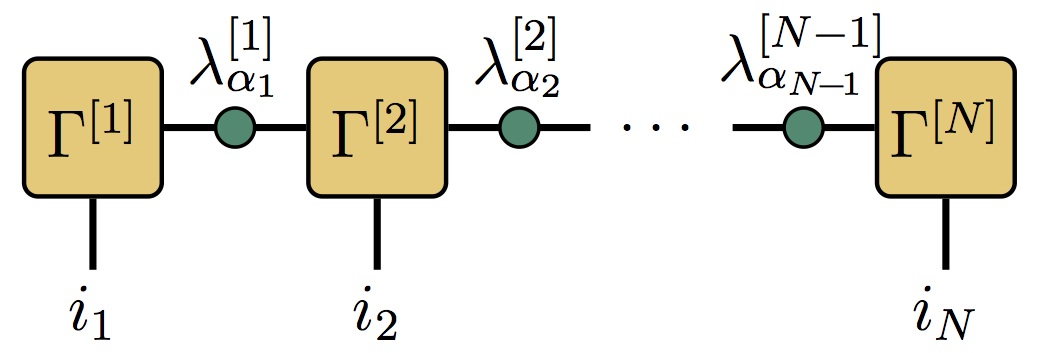Quantum Many-body Dynamics

In the last few years, there has been increasing interest in exploring many-body physics with ultracold quantum gases in optical lattice that goes beyond traditional solid state physics, and explores fundamentally new phenomena. In particular, these systems offer new opportunities for studying non-equilibrium dynamics in a highly controllable way. Studying such dynamics in many-body quantum systems are of fundamental importance in understanding phenomena including
- Thermalisation in many-body gases
- Quantum transport, and
- Quantum quenches.
These systems are typically well isolated from their environment, which opens the opportunity to observe coherent many-body dynamics over long timescales. This has also motivated studies of metastable properties, including repulsively bound atom pairs, and other metastable many-body states such as a metastable Mott Insulator state.
Computational techniques

An important complement to the experimental interest in many-body dynamics has been the development of new numerical tools for computing many-body dynamics in systems that are not too strongly entangled. These include time-dependent DMRG methods for 1D systems, and various generalizations to higher dimensional systems. We are using and further developing these tools and their applications to ultracold quantum gases.